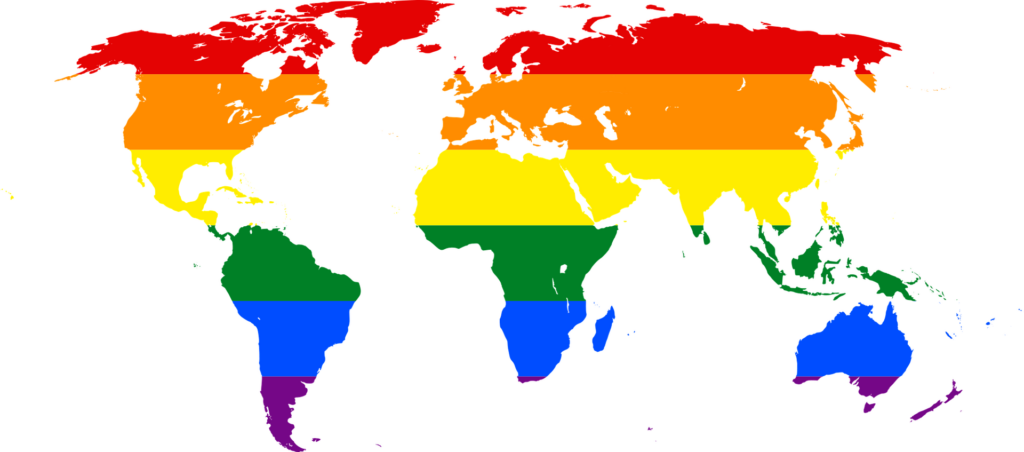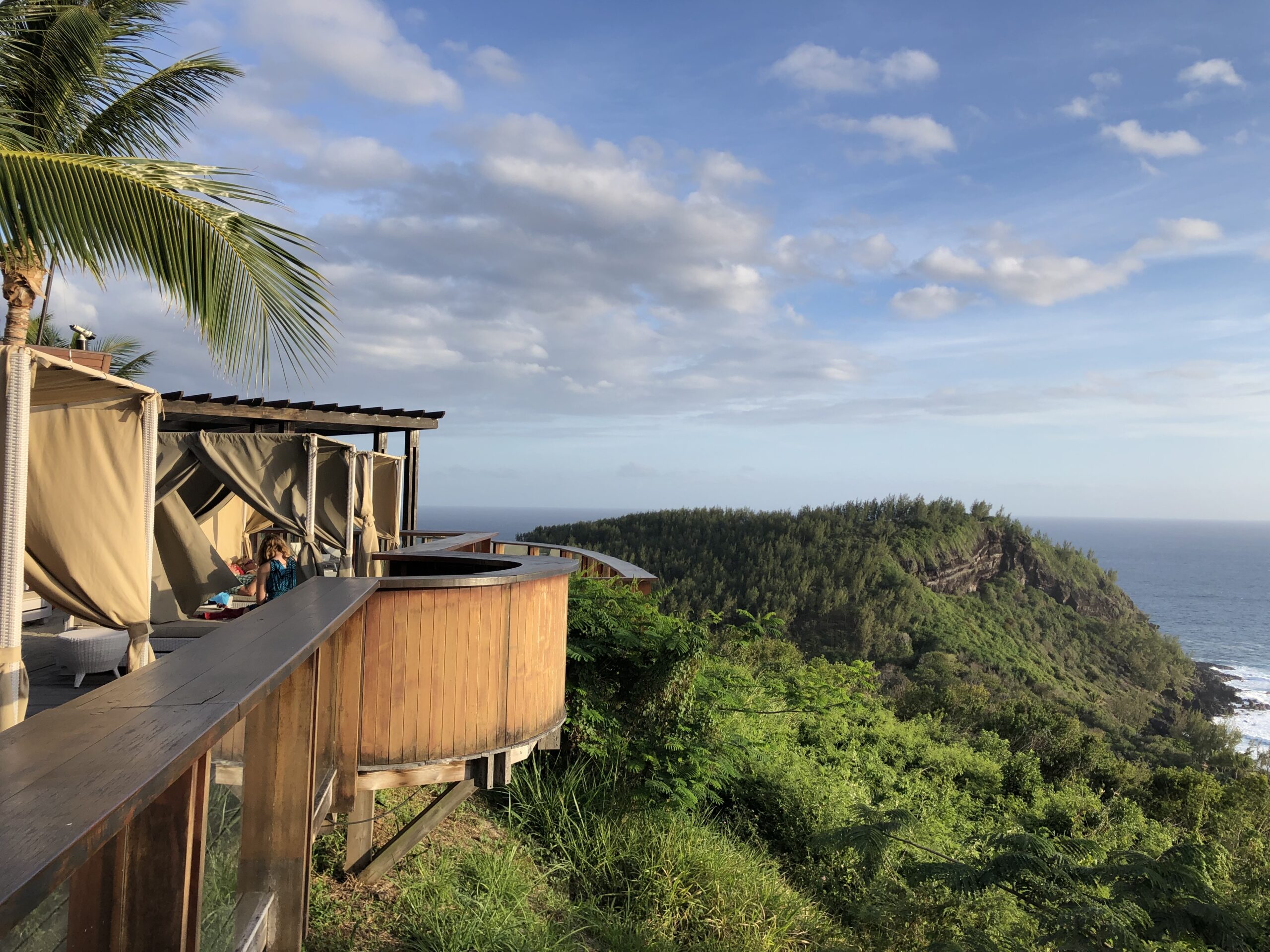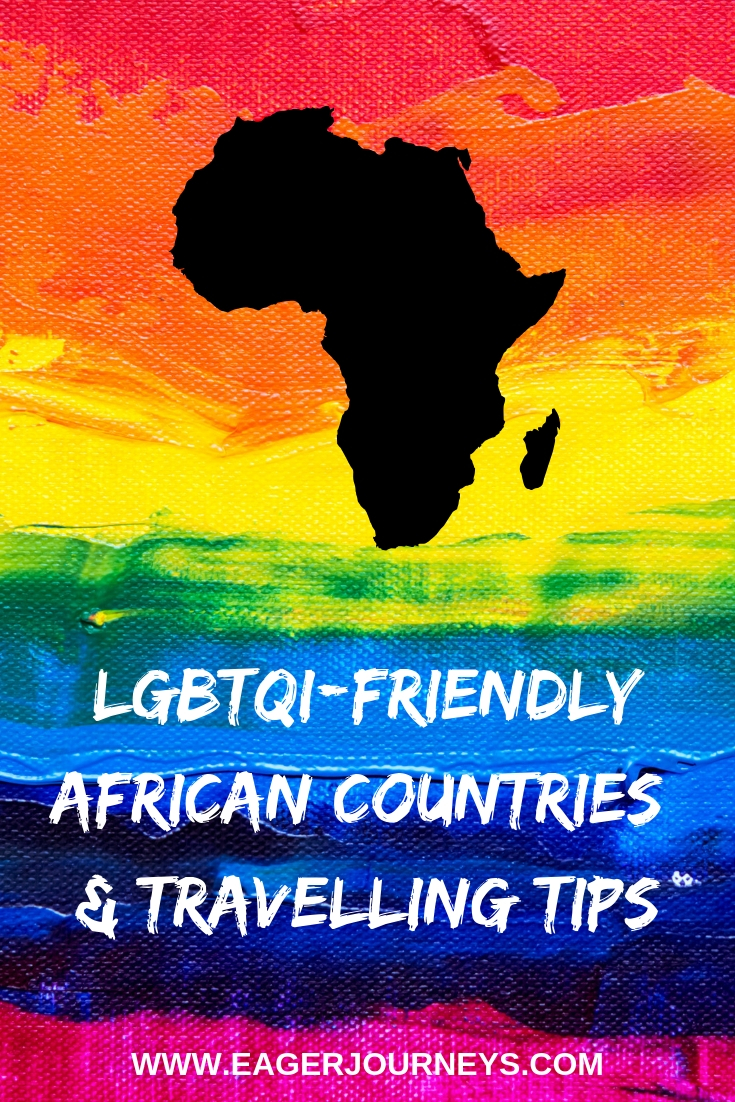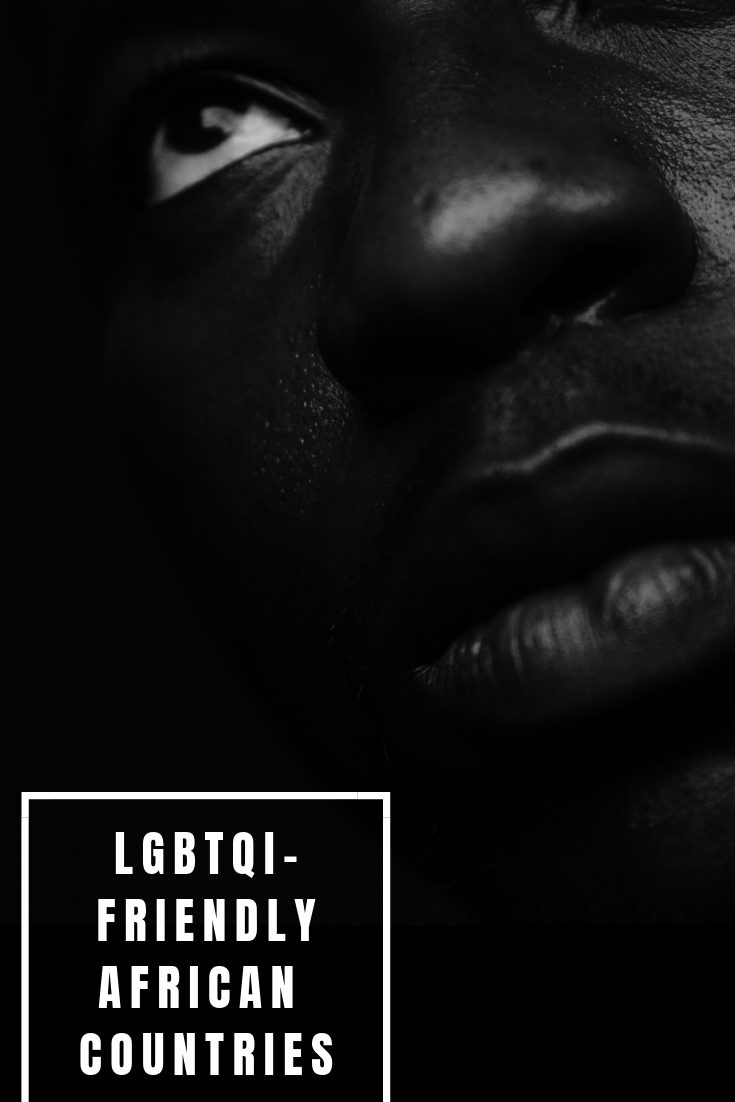
I am vanilla. Pretty much as vanilla as they come. I often remind myself that I travel as a fairly privileged, white, straight woman (that’s a topic for another blog post). My travels are so often predominantly shaped by these aspects that it’s easy to forget that it might be any other way for someone else, especially people of colour, different religions and creeds, disabilities and members of the LGBTQI+ community.
This article is updated regularly (June 2023) to remain up to date with recent changes.
Love is hard work as it is. Never mind having to be told who you can and cannot be, who you should and shouldn’t love, and what you can and cannot do. This post is dedicated to a few of my dear friends, as well as those who feel that if they were to be true to themselves and follow their hearts that they would be ridiculed, teased and discriminated against in various ways either at work, in their social circles, religious communities or families. This post is dedicated to all those people who tread lightly so as not to upset others’ steadfast beliefs, as ridiculous as that sounds. I am sorry that some people are so silly, please remember that we are not all like that. Love is love!
Of the 64 countries in the world that criminalise homosexuality, almost half are found in Africa. In 2023, there were 22 gay-friendly African countries based on the most recent research conducted by International Lesbian, Gay, Bisexual, Trans and Intersex Association (IGLA). This post aims to help you decide on gay-friendly travel destinations in Africa. It also advises on when is the best time to travel to these gay-friendly countries to make the most of gay pride and parades throughout the year.

16 tips for LGBTQI+ Travel to African countries
- Learn about the history of the LGBTQI+ community in the countries you plan to visit, especially as numerous African countries are conservative in their outlooks on sexuality and gender identity, whether it be due to religious or cultural beliefs, or based on local laws and legislation. Understand their struggles, progress and unique cultural contexts.
- Research the local laws regarding LGBTQI in your intended country of travel through government websites, travel advisories and news articles. Try to find out if these alws are enforced and to what extent so that you understand the potential consequences to make informed decisions.
- Use discretion when discussing personal details with strangers or in unfamiliar or potentially hostile environments, such as your sexual orientation or gender identity, especially in countries where homosexuality is stigmatised or illegal.
- Use gender-neutral language when discussing your personal life or relationships. Refer to your partner as a friend or travel companion. This can help avoid potential misunderstandings or confrontations.
- Connect with local LGBTIQ+ communities though online platforms. Ask them about what it’s like living in their country. They can surely advise you on gay-friendly accommodation options, restaurants, clubs and bars, as well as travel agencies, and which places to avoid.
- Check out the International Gay and Lesbian Travel Association (IGLTA), which provides very useful tips, information and resources about LGBTQI travel around the world.
- Global Gayz is a resource for gay travellers to Africa and shares personal stories from human rights activists on the ground.
- Ask for the advice from other LGBTQI travellers on travel forums, such as Lonely Planet’s Thorntree Forum and TripAdvisor’s forum to tap into the experiences of other travellers.
- Support LGBTQI+ travel suppliers, operators, businesses and organisations that support and promote inclusivity and equality. It is the perfect opportunity to meet other LGBTQI community members from around the world. They will offer on-the-ground experience and will know what to expect, plus how to ensure that your travels are safe.
- Be aware of entrapment campaigns in countries with minimal or no LGBTQI rights, where undercover or plain clothes police officers monitor certain venues, websites or smartphone apps to gain insight into common LGBTQI community meeting places. Ask about this on travellers’ forums. And if you are meeting with someone for the first time, always suggest to meet up in public first.
- Trust your instincts, stay alert and be aware of your surroundings. If you feel uncomfortable or unsafe, remove yourself from the situation.
- Be cautious when using public Wi-Fi and avoid accessing or sharing sensitive or personal information. Public networks may not be secure, and it’s essential to protect your privacy and data.
- Be mindful of public spaces. In some African countries PDAs (public displays of affection) between a man and a woman are frowned upon, either due to cultural norms or religious piety. And PDAs between a same-sex couple may also provoke unwanted attention. Rather err of the side of safety, be discreet, and keep your affections for when you are in private.
- Respect the local customs and traditions, even if you may not agree with them. Being mindful of cultural sensitivities will minimise drawing unnecessary attention to yourself. Dress conservatively, especially when visiting a religious site to avoid attracting unwanted attention to yourself or potential discrimination. This can also help you blend in. Women, particularly, should have a scarf or cover up their cleavage, shoulders, arms and legs.
- Travel with supportive allies who are aware of your identity and sexual orientation. Their presence can help create a sense of safety and solidarity. Have a restroom buddy when using a gender-affirming restroom, so they may stand by your door while you use the restroom.
- Update your passport details before you travel so that your name, photo and gender correspond with your gender identity, as some transgender travellers have encountered difficulties at ports of entry.
- Airport security can be a nightmare for anyone, but even more so if you come across a security staff member who might not be familiar with the non-binary community. In some countries, such as the United States, you can opt out of an Advanced Imaging Technology (AIT) scan, ask if this is a possibility if you feel uncomfortable. Though this will most likely be replaced with a closer-than-most-feel-comfortable-with pat-down. Know that you may in many instances request a private AIT screening and can choose the gender of the airport security staff who does the pat down.

Gay travel in Africa: Locals versus international travellers
It goes without saying that many African countries greatly rely on the tourism economy, which often means that different rules apply to locals and international visitors. Popular tourist hubs and holiday resorts are much more gay-friendly, even if they are found in countries that have rather strict laws on homosexuality, like Namibia, Mauritius, Maldives, Kenya, Tanzania and Uganda. That being said, it’s always recommended to practise discretion or to travel with a tour company if you feel uncomfortable with independent or solo travel.
List of gay-friendly countries in Africa
Is Africa safe for gay travellers? Here’s a list of gay-friendly African countries that was published by IGLA in 2023.
- Angola
- Botswana
- Benin
- Burkina Faso
- Cape Verde
- Central African Republic
- Congo-Brazzaville
- Ivory Coast (cases of detention and prosecution)
- Democratic Republic of Congo
- Djibouti
- Equatorial Guinea
- Gabon
- Guinea-Bissau
- Lesotho
- Madagascar
- Mali
- Mayotte Island (French territory: gay marriage is legal)
- Mozambique
- Niger
- Reunion Island (French territory: gay marriage is legal)
- Rwanda
- Sao Tome and Principe
- Seychelles
- South Africa (The only African country where gay marriage is legal)
List of African countries where homosexuality is illegal or punishable
Here is a list of African countries where it is illegal to be gay or to partake in consensual same-sex relations. It includes the average jail term; any other documented punishment; and whether a monetary fine is applicable. Please travel with your common sense about you.
- Algeria (2 years jail term; fine)
- Burundi (2 years jail term; fine)
- Cameroon (5 years jail term; fine)
- Chad (2 years jail term; fine)
- Comoros (5 years jail term; fine)
- Egypt (jail term varies; no fine)
- Eritrea (7 years jail term; no fine)
- Eswatini (formerly Swaziland) (unknown, no fine)
- Ethiopia (unknown, no fine)
- The Gambia (life imprisonment, no fine)
- Ghana (3 years jail term; no fine)
- Guinea (3 years jail term; fine)
- Kenya (14 years jail term; no fine)
- Liberia (1 year jail term; fine)
- Libya (5 years jail term; no fine)
- Malawi (14 years jail term; no fine)
- Maldives (8 years jail term; flogging: 100 lashes; fine)
- Mauritania (death penalty; 2 years jail term; fine)
- Mauritius (5 years jail term; no fine)
- Morocco (3 years jail term; fine)
- Namibia (unknown; no fine)
- Nigeria (in northern territories: death penalty; 21 years jail term; flogging; fine)
- Senegal (5 years jail term; no fine)
- Sierra Leone (life imprisonment; no fine)
- Somalia (possible death penalty according to sharia law; 3 years jail term; no fine)
- South Sudan (10 years jail term; fine)
- Sudan (life imprisonment; fine)
- Tanzania (life imprisonment; fine)
- Togo (3 years jail term; fine)
- Tunisia (3 years jail term; fine)
- Uganda (life imprisonment; no fine)
- Zambia (life imprisonment; no fine)
- Zimbabwe (1 year jail term; fine)
List of African countries where homosexuality carries life imprisonment
- Eswatini (formerly Swaziland) (unknown)
- Ethiopia (unknown)
- The Gambia
- Sierra Leone
- Sudan
- Tanzania
- Uganda
- Zambia
List of African countries where homosexuality invokes the death penalty
- Uganda
- Mauritania
- Northern territories of Nigeria (where sharia law rules)
- Southern territories of Somalia (where sharia law rules)

African gay tour operators and travel suppliers
- Taste the Cape Travel and Tours (South Africa)
- Springbok Atlas Tours & Safaris (South Africa)
- Rhino Africa Safaris (South Africa)
- African Safari Guru (South Africa)
- Amatungulu Tours (South Africa)
- Out 2 Africa (South Africa)
- Lelobu Safaris (Botswana)
- McBern Tours and Travel (Uganda)
- Sikeleli Travel and Expeditions (Zimbabwe and Canada)
Gay-friendly African countries in-depth overview
South Africa
South Africa is one of the continent’s most progressive countries when it comes to LGBTQI+ human rights with Cape Town being the gay capital of Africa. 2023 marks 27 years since South Africa decriminalised homosexuality and 17 years since the country legalised same-sex marriage. It was the fourth country in the world to do so and the first on the African continent. Each March, the Mother City (Cape Town) hosts the annual Cape Town Pride. Thousands flock to the coastal city for a few days of revelry. And even if you’re not there for Cape Town Pride there are countless gay-friendly accommodation options particularly around De Waterkant suburb (find others on misterb&B.com), entertainment venues and restaurants (BeefCakes). Johannesburg’s Pride Parade turns 34 this year. Around 20 000 people walk the streets advocating for equal rights elsewhere in the world, mixed with with a serious dose of fun.
South Africa’s gay events calendar
- Cape Town Pride: Late February, early March
- Pink Loerie Mardi Gras, Knysna: May
- Durban Pride: June
- Johannesburg Pride October
- Mr Gay South Africa: November
- Durban Gay & Lesbian Film Festival: November
- Mother City Queer Project Carnival: December
Related Reading: Travel to South Africa

Seychelles
This archipelago of 115 tropical islands that floats in the India Ocean oozes romance with its powder white beaches, crystalline waters, luscious vegetation and craggy peaks that offer panoramic views over the islands. This popular wedding and honeymoon destination legalised homosexuality in 2016. The country has recognised same-sex marriage and couples can legally adopt. A ‘don’t ask, don’t tell’ policy permeates everyday life, with ‘bibin’ being the Creole word used for homosexuality. No matter your sexual orientation, discretion is still advised.
Related Reading: Travel to the Seychelles

Réunion Island
The Indian Ocean island extends a warm embrace to queer travellers looking for an inclusive and welcoming destination. Much like mainland France – of which it is an independent department – Réunion has made strides in promoting progressive values and cultivating diversity. Same-sex marriage has been legally recognised here since 2013, reinforcing Réunion’s commitment and celebration of equal rights. In fact, discrimination based on sexual orientation is outlawed. Beyond its legal framework, Réunion exudes a spirit of acceptance and openness due to its multicultural heritage of French, African, Indian and Chinese influences. Look out for the rainbow sticker pasted on hotel, bar, club and restaurant windows for gay-friendly establishments that cater to the community’s particular needs. There are pockets of vibrant queer culture to be discovered, where you can connect with like-minded individuals to experience the island’s nightlife. Drop by for a drink at Zanzibar Cafe, in the capital of St Denis, followed by a night out at Le Prince. And then lay your head at any of a selection of LGBTQI-friendly accommodations that are suitable for every budget from home stays and guesthouses to charming boutique hotels and luxury resorts.
Related Reading: Travel to Réunion

Mozambique
In mid-2015 Mozambicans celebrated the decriminalisation of homosexuality with its new penal code – the original one was inherited from their former colonisers, Portugal. There has been little violence towards LGBTQI+ individuals in the past, and it is a safe African destination to travel in that regard, especially as people’s attitudes are slowly warming in this country that is predominantly Christian and Muslim. Mozambique’s southern provinces (the capital Maputo as well as holiday hubs like Vilanculos and Bazaruto Island) are much more tolerant than those in the north. Despite this, Mozambican gay rights group Lambda states that society does not encourage non-normative sexual and gender identities to live openly, especially as there are no anti-discrimination laws that protect LGBTQI+ individuals. The organisation also leads training workshops with police officers and magistrates across the country. Though there are no LGBTQI-only bars and clubs, there are spaces and places that are known to be LGBTQI-friendly.
Related Reading: Travel to Mozambique

Ivory Coast
The Ivory Coast has been a relative safe haven in western Africa for the LGBTQI+ community and travellers. It has consistently been voted as one of the top gay-friendly African countries to travel to. The Miss Woubi beauty pageant is an annual cross-dressing beauty pageant held in the capital city of Abidjan each year since 2009. Its name derives from the Ivorian slang word that makes reference to the so-called “effeminate” partner in a same-sex relationship between two men. Though social codes dictate discreet public behaviour with most men adhering to hetero-normative sexual behaviour during daylight hours, there are a number of gay-friendly bars and clubs in Abidjan. Alternative Cote d’Ivoire is an active gay rights group.

Rwanda
Rwanda is the only country in the east African region without anti-homosexuality laws. Before being colonised by Belgium, the Tutsi tribe engaged in same-sex contact for the purposes of spiritual rearmament. Today, while same-sex relationships are not illegal in this small landlocked country of 12 million that is famous for its Silverback gorilla trekking holidays, the legislation does not allow for same-sex marriages. Back in 2011, Rwanda was one of 10 African countries to sponsor the United Nations’ joint statement that condemned violence against the LGBTQI community. And it signed the U.N resolution condemning countries that deliver the death penalty for consensual same-sex relations – the United States, interestingly enough, has not signed it. The capital city of Kigali boasts numerous gay-friendly venues with Nyamirambo being the most LGBTQI-friendly part of the city.

I don’t normally write about LGBTQI+ topics, so please kindly let me know if my terminology is incorrect. Please also tell me about your experiences as an LGBTQI+ traveller in Africa, so that I can update this post, which is based on the most recent news reports as well as research conducted by human rights groups.
If you enjoyed this post, please PIN it for later!







If you are Gay and would love to see gorillas, go to Rwanda.